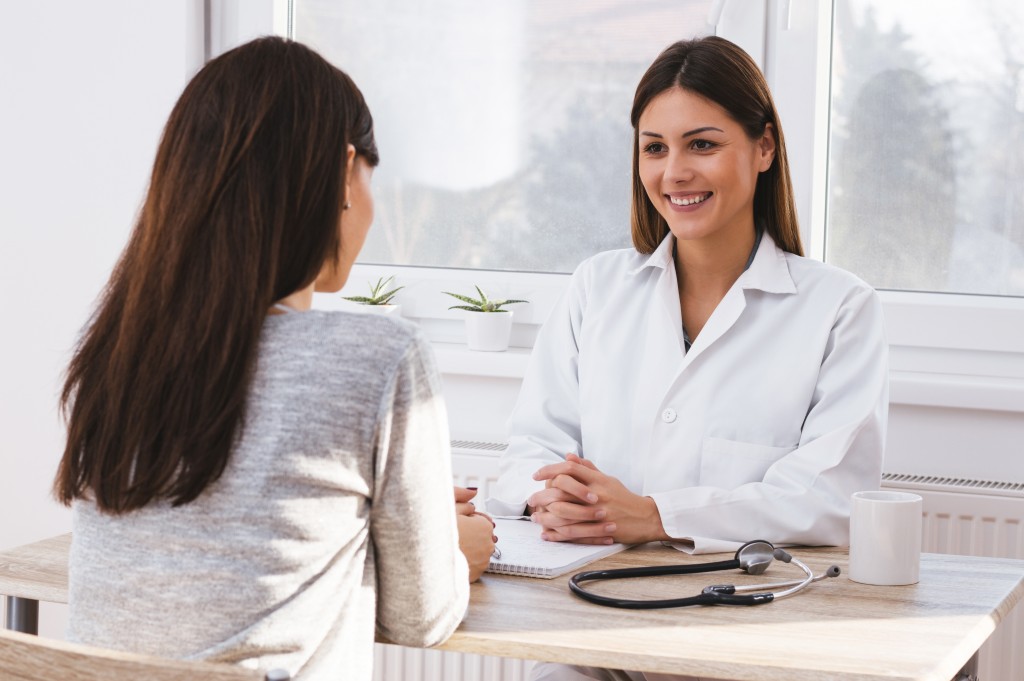Health is Wealth: Keeping Cancer in Check

Caring for our family has always been a primary concern, especially when it comes to their health. We want what’s best for them, so we make sure that we take the necessary steps to keep their health in check. The good news is advancements in medicine and technology can help us better in keeping track of our family’s health and even of our own.
Health statistics
Adults experience health problems as their age progresses. Heart and heartbeat irregularities like congestive heart failure, cardiac arrhythmia, and coronary atherosclerosis are one of the leading causes of hospitalization in adults. Respiratory problems are also one of the leading causes of hospitalization. In 2008, there have been 822,500 people in America who have been diagnosed with chronic obstructive pulmonary disease (COPD).
Aside from these health conditions, cancer is one of the leading causes of illness in adults. But, cancer does not discriminate in age and it happens to anyone. In Australia, cancer is the leading cause of death, where one in two Australian men and women will be diagnosed with cancer by 85. But don’t lose hope yet. Statistically, seven in 10 Australians will survive cancer after diagnosis, given they take the necessary actions. The survival rate is as high as 90%, as compared in the 1980s where it was less than 50%. Advancement in medical technology has made treatments accessible to people as well as early detection methods.
Diagnosis
Early detection of cancer is crucial — the earlier the stage it is caught, the better chance of treating it. Diagnosis can be done through laboratory and imaging tests, physical exams, and biopsy. A biopsy is the collection of a sample of cells for testing in the laboratory. Medical technicians use a punch biopsy instrument to take samples in areas of the body where there is a suspected cancer. Samples are then analyzed at laboratories under a microscope.
Prevention
Cancer can be prevented, mostly through changes in lifestyle. Prevention and early detection are important and are proven strategies to help lower health care costs and it gives peace of mind. Here are a few things to keep in mind to help prevent cancer:
-
Quit tobacco use
Tobacco products are highly linked to many types of cancer including bladder, breast, cervical, colorectal, esophageal, lung, throat, and mouth. It is estimated that about 90% of lung cancer is related to smoking. Non-smokers are also exposed to the risks of cigarettes and other tobacco products through secondhand smoke.
-
Sun protection
Always protect your skin from the sun, regular daily use of sunscreen with a sun protection factor (SPF) 15 or higher can reduce the risk of skin cancer by 40% to 50%. Additionally, daily use of sunscreen can also prevent premature aging of the skin.
-
Healthy diet

Keeping a healthy diet of fruits and vegetables is recommended to prevent cancer. Beans and whole grains are also important in preventing cancer and are good sources of carbohydrates, protein, and fiber. Limiting red meat and processed meat consumption can also help. Alcohol should also be limited as it can cause liver, colorectal, and breast cancer if consumed in excess.
-
Healthy weight
In relation to a healthy diet, maintaining a healthy weight is important. A 30-minute exercise can do a lot for the body. Inactivity and obesity are closely linked to breast, colorectal, lung, and pancreatic cancer. It is important to control weight by staying active and eating healthy.
-
Safe sex
Practicing safe sex can prevent the spread of the human papillomavirus (HPV) which is found to be a cause of many types of cancer. This can easily spread through skin to skin contact during sex. Aside from HPV, the hepatitis B virus can also spread through unprotected sex, which may lead to long-term liver infections and a chance to develop cancer. These can also be prevented with immunization which is available in clinics.
Prevention is better than cure, as they say. We have to always be aware of what we do and what we eat because they are great contributors to our health. Also, it is important to have regular checkups and cancer screenings to live healthily and happily.




